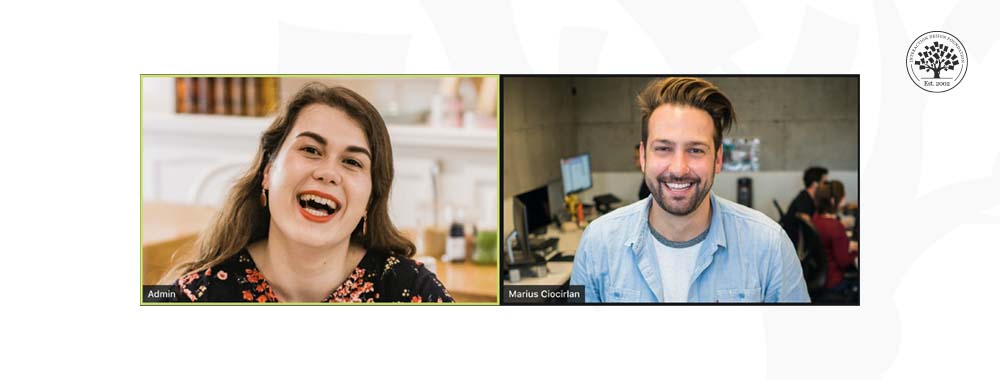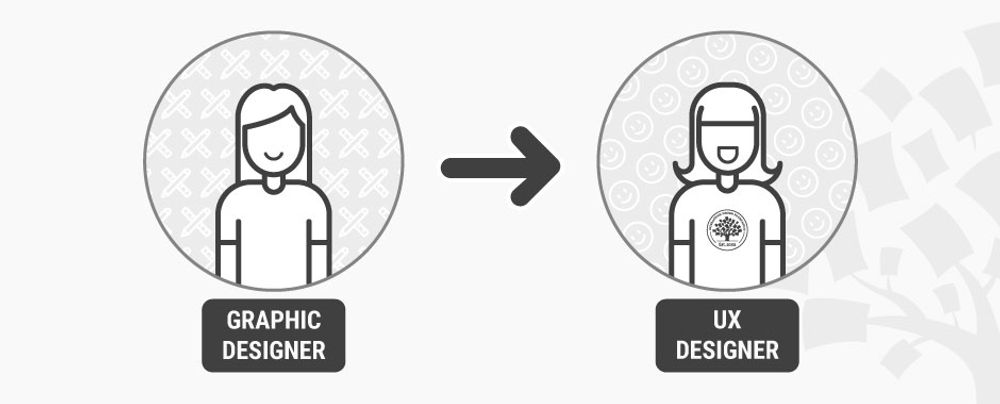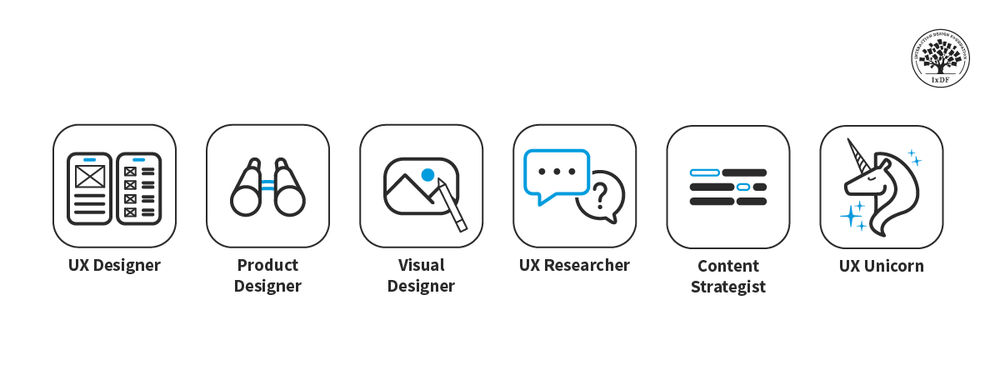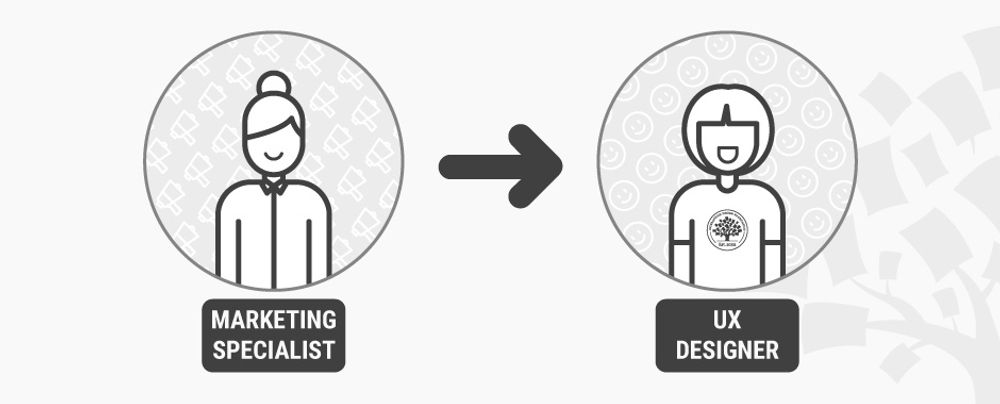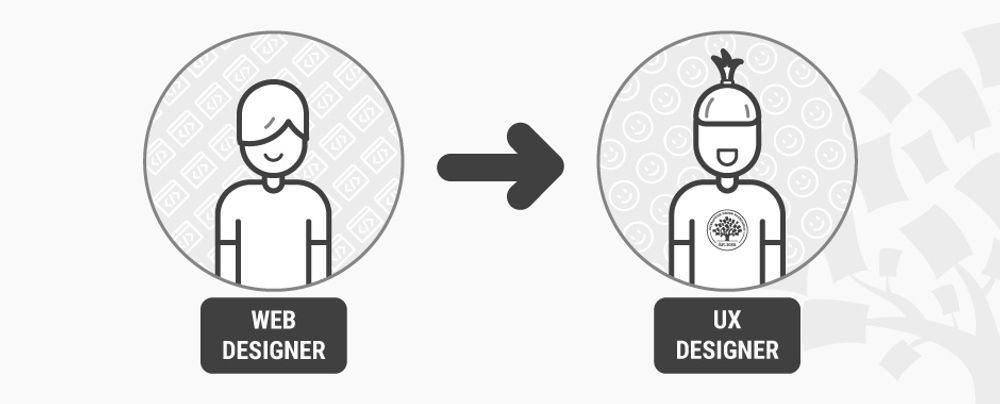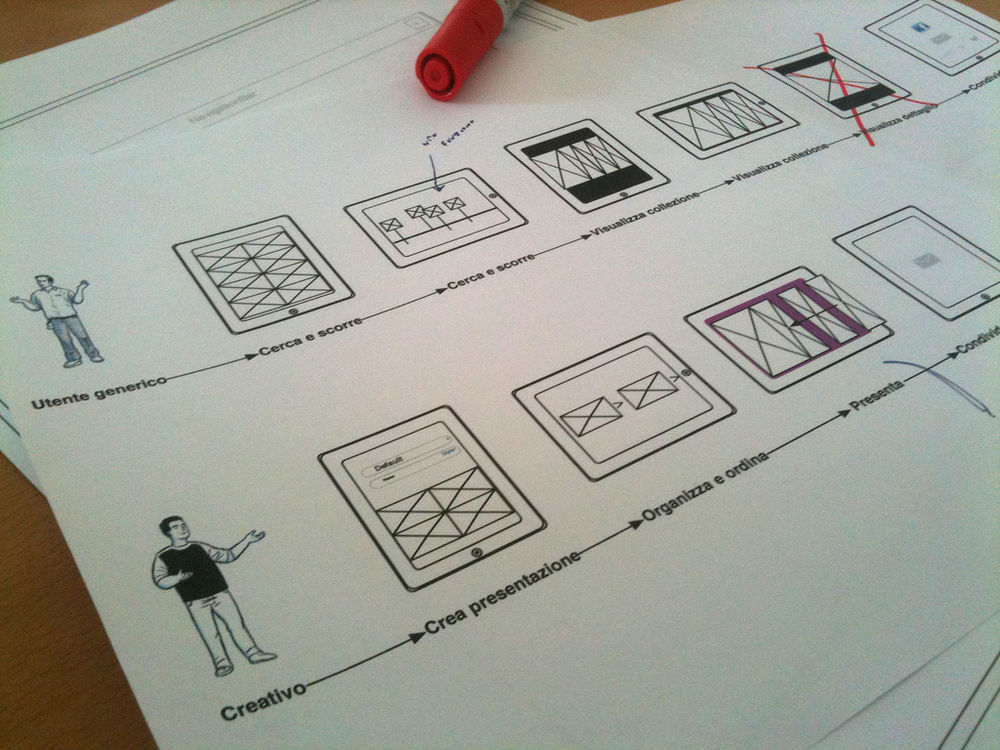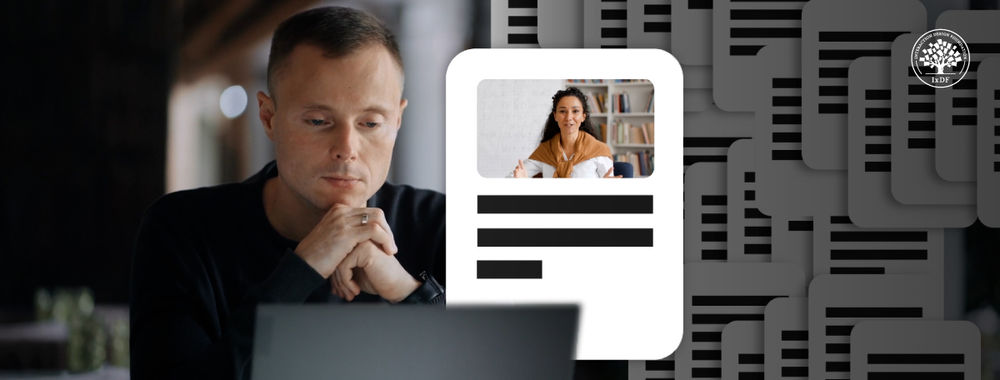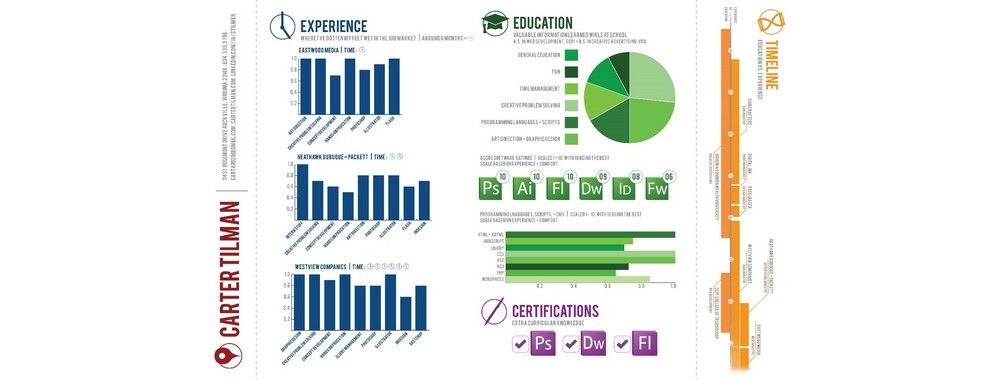There are many ways to advance your UX career and get you to that next step you’ve dreamt of. Read UX books, enroll in courses, search the internet for design challenges and a UX community. However, it’s possible that even after trying all these out, you feel something is missing. You can have an excellent UX education and be very prepared, but still feel lost and wonder how to move forward and upwards. A UX mentor could be that missing piece to advance your professional development.
What Can a UX Design Mentor Do for You?
Generally speaking, a mentor is a trusted advisor who helps you figure out what you want to achieve and how to make it happen. In other words, a mentor is a seasoned professional who will help and guide you by sharing their experience and insights. Mostly, they’ll be able to provide advice, suggestions and recommendations specific to you. We’re all different, with different backgrounds, paths, goals and strengths and weaknesses. A mentor will understand your unique circumstances, help to focus your aspirations and direct you towards success.
Are Mentors Only Valuable for Newcomers to UX?
Not entirely, as it’s said, “it’s harder to stay on top than to make the climb.” Even seasoned UX practitioners can benefit from mentorship, especially if they’re trying to stay at the top of their game or reach new heights. UX is a rapidly-changing field, so UX practitioners need to learn continuously. In addition, experienced professionals can learn from becoming mentors themselves.
People Learn from Stories
Besides all the continuous academic learning you do to evolve as a UX practitioner, you can also learn a lot from your mentor's past experiences. Storytelling is much more than a buzzword; storytelling is an ancient practice that has endured until today because it’s one of the best ways to learn. Stories are rooted in emotions, and emotions are fundamental to solidifying learning. You can learn from your mentor’s past experiences, both successful and failed.
A good mentor will describe stories from their past that will help you in the here and now. While a good education can offer you a great leg up in your career, you can’t forget about the human factor and the implicit knowledge of how the industry works. A mentor can be your beacon of light and help you navigate managers who don’t value UX, demanding clients, work-life balance or even how to choose the right job.
What Can a Mentor Offer You?
In this IxDF Instagram live, Ioana Teleanu from UX goodies talks about what the right mentor can offer you.
Aside from shrewd career advice, a mentor can offer constructive feedback too. Whether you’re working on your portfolio or on an actual project, a mentor will provide you with meaningful critique that will take your work to the next level.
There are many other advantages of having a mentor. You’ll feel more empowered and confident because you know you have the support and guidance of an experienced practitioner. They’ll reduce the noise, give you honest assessments, point you to the best resources, help improve your skills and even teach you their personal tricks. Need a professional reference? Your mentor is in the ideal position to write one. Not only that, they can direct you to opportunities and introduce you to their network.
How to Make the Most of Your UX Mentorship?
Being working professionals, mentors won’t be able to offer you unlimited time – make sure you use their time wisely. Be aware of how much time they can dedicate to you, set clear expectations and goals and share them early on. Your goals can vary from becoming a better UX practitioner, gaining confidence, building a successful portfolio, getting a job or promotion, dealing with clients, etc. However, don’t be afraid to let these goals evolve during the mentorship, be flexible and take advantage of the mentor you have. As long as you’re prepared and upfront about your thoughts, expectations and circumstances, you’ll be able to take full advantage of the mentorship and grow and progress in your professional journey.
How to Choose the right Mentor?
Choose your mentor carefully, look at their profiles and choose the one who can better help you reach your goals, whether it’s because they work in the field you’d like to work in, because you admire their work, or even because their way of communicating resonates with you. The relationship between a mentor and a mentee is very personal, and therefore you need to make sure it’s a good match.
What’s in It for the Mentor?
If you’re an experienced UX practitioner, becoming a mentor can help you uncover parts of yourself you weren’t aware of. Through your guidance, you can help someone realize their dreams. You, in turn, will enjoy greater fulfillment and satisfaction and ultimately, you will build up your confidence and become even better at your job. How? Think about the “beginner's mind,” a concept extracted from Zen Buddhism’s “shoshin.” When you become an expert in UX, it’s common to develop preconceived ideas and expectations – it’s very useful in your day-to-day job. However, this phenomenon has another side; it can make it harder to innovate and see things with an open and fresh mind. You’ve done this so many times, it’s difficult to know how you could do it differently. On the contrary, when you tackle something brand-new, you can see many possibilities for innovation and optimization, and it becomes much easier to think outside of the box. As a mentor, you’ll be able to leverage your mentee’s beginner’s mind, find new ways to optimize your work, and even reconnect with the passion you felt for UX in those first years.
The Take Away
Mentorships complement your UX education and will help advance your career. It’s an essential piece of the puzzle that will help you kickstart your career or help you take that next step in your professional journey.
